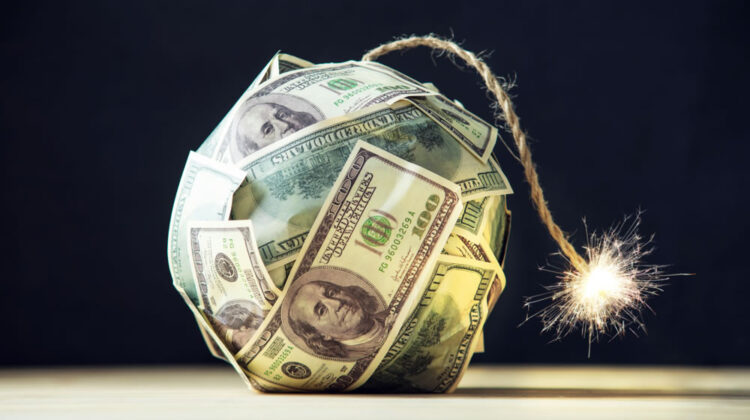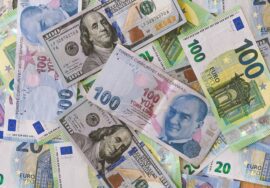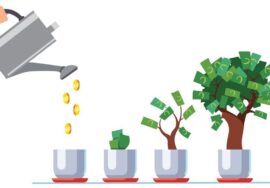

Global crisis ; Inflation


Opinion by; Arben Selimi
arben@thejournalbiz.com
Inflation seems is going to last, despite the fact that many investors are behaving as if it will be temporary.
The reason why I’m saying that investors are acting like it won’t last is because gold, which has traditionally been considered a good hedge against inflation, has not seen significant price change. This has no explanation other than that investors have hopes that prices will return to what they were before people in general began to notice that their wages were buying much less of goods.
Bitcoin, on the other hand, (that many branded as a digital gold) is not turning out to be such because its price has not increased in this time of inflation, on the contrary, recently it has fallen drastically.
All this inflation can be attributed to the FED and the European Central Bank, when during the pandemic period they started with what is now known as quantitative easing, injecting money into the economy, money which was not the result of any economic activity, rather it is pure new money printed by central banks.
As a consequence,
in one of the most inflation torn country, in the past we have an interesting announcement, that of introducing a gold coins as a response to soaring inflation, ( Zimbambve suffered hyperinflation during 2009/10 that spiraled out of control and the local currency rapidly devalued, leaving the people with nothing but worthless paper in their account)
*The journalbiz tweet on the news from Zimbabwe gold coin announcement
Zimbabwe is set to introduce gold coins, as inflation spirals out of control, while local currency continues to rapidly devalue against USD!
According to the official statement by the central bank chief John Mangudya, the new gold coins would be available soon!#inflation #news pic.twitter.com/ITIfz2niXl
— The_Journalbiz (@the_journalbiz) July 6, 2022
Banks randomly, try to justify printing of this money with the inflation level of the pre-pandemic era, when, for at least the last 20 years, has been below 2%. Based on this level of inflation, the banks estimated that the money they will put into circulation will not cause any disruption to the economy.
But, as it seems, they were wrong, the introduction of new money had an unforeseen impact, now inflation has gone out of control, while the measures that the central banks are taking to fight it are not effective at all.
The consecutive increase in interest rates, month after month, is not giving the expected effects. Money is not being withdrawn from the economy, expenses are not being reduced, in fact they are only increasing, regardless of whether the same amount of goods is being bought or not.
Stock price increases beyond any reasonable level during the pandemic were a direct consequence of quantitative easing.
Now the quantitative tightening – the opposite of easing – that central banks are trying to apply is not as easy as quantitative easing. It is much easier to put money into the economy than to withdraw it.
- This inflation that has overwhelmed the USA and Europe is being exported to the whole world.
There is no room to say “not all the central banks of the world have applied quantitative easing, therefore there should be no inflationary effects where this policy has not been applied”.
In today’s conditions of globalization, any financial event anywhere in the world has an effect on the whole world. No country is immune to such events because trade no longer takes place only at the national level.
Nonetheless, inflation is here and seems like it will be here for a while.
The problem will become even bigger, as consumers will face a growing concerns of debts and about everything has skyrocketed while the war and uncertainties in China market only adds to the worries that leaves the investors with more headaches than ever before, for how long this all last, we cannot predict what we can all say that the year 2022 will be marked as the year of global crisis, and the inflation as a headline!
@thejournalbiz.com








